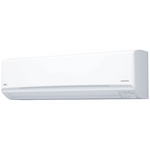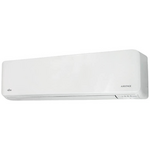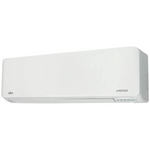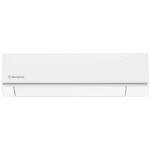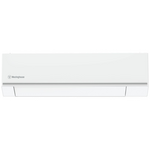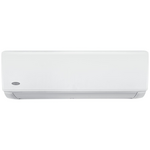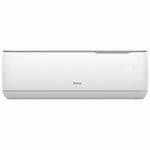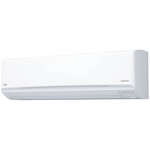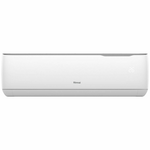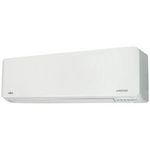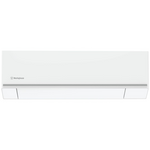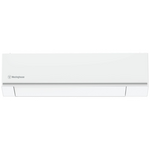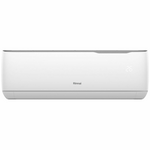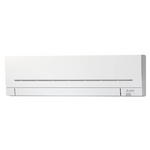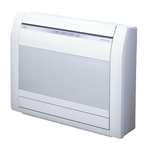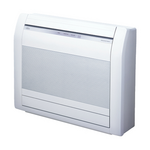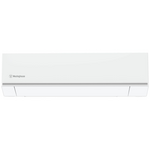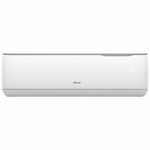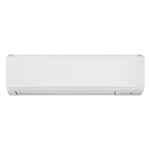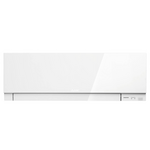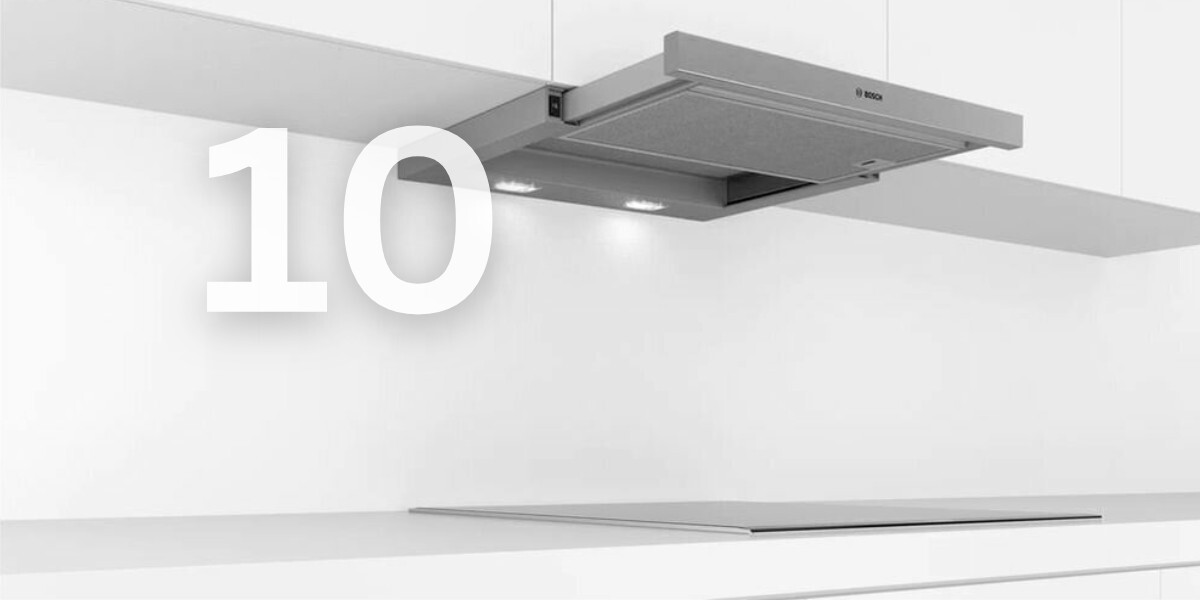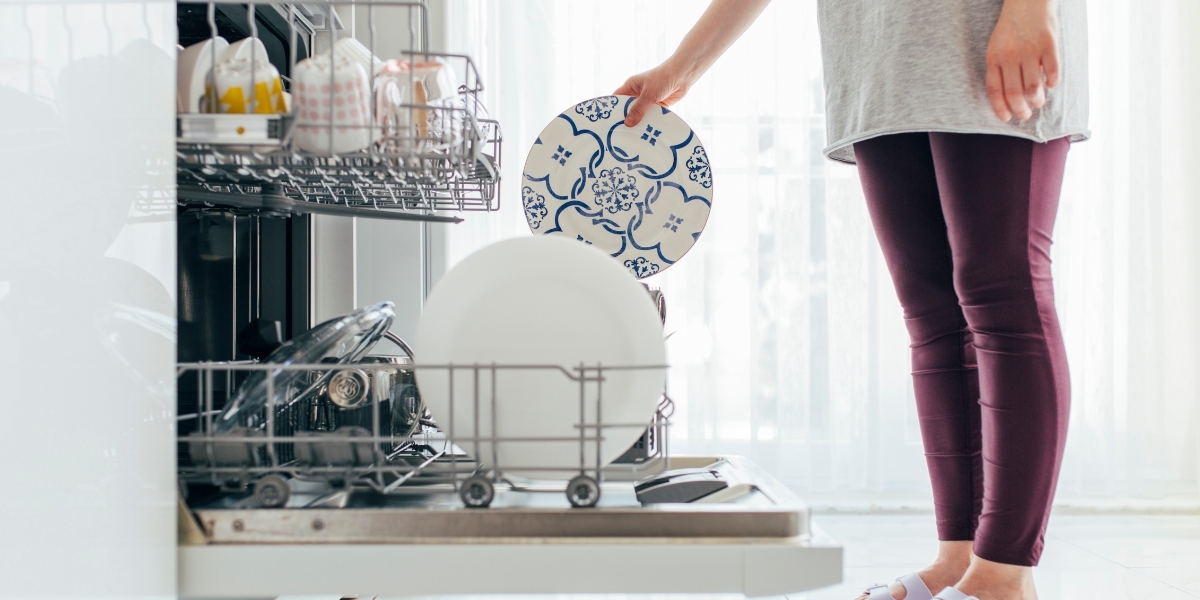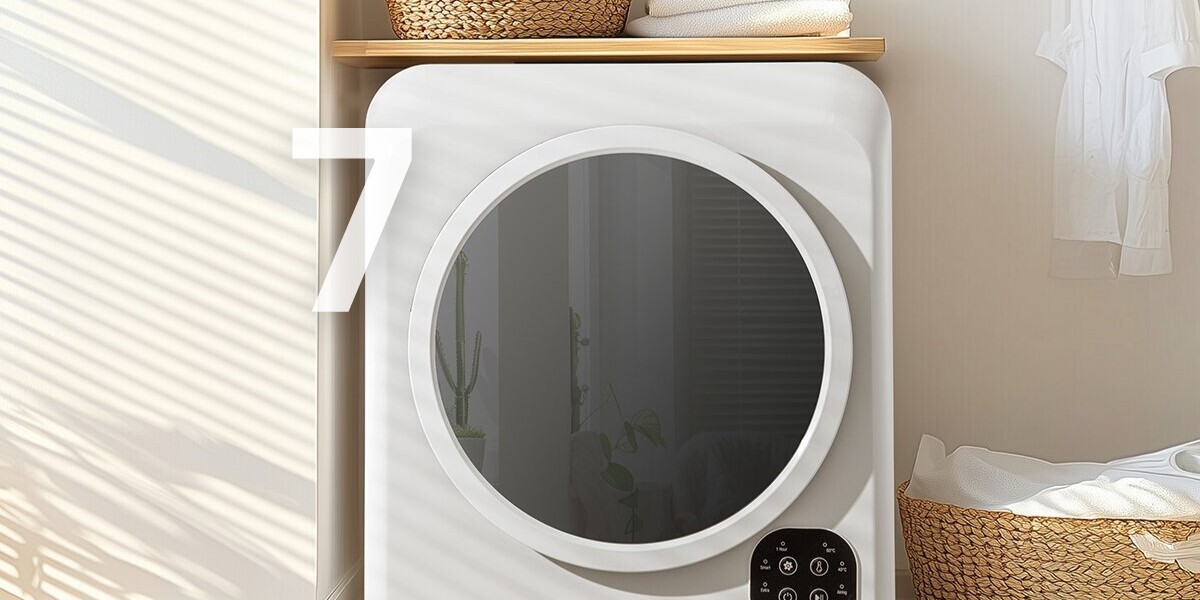
Your Cart
Your shopping cart is currently empty.
Heating, Cooling & Air Treatment
From climate control to sneeze-free air, tips to feel comfortable and breathe easy at home.
HEATING, COOLING & AIR TREATMENT | 24 SEPTEMBER, 2024
4 MIN READ
How your air con uses refrigeration to heat your home
Using cold to make hot air? Sounds silly, makes sense.
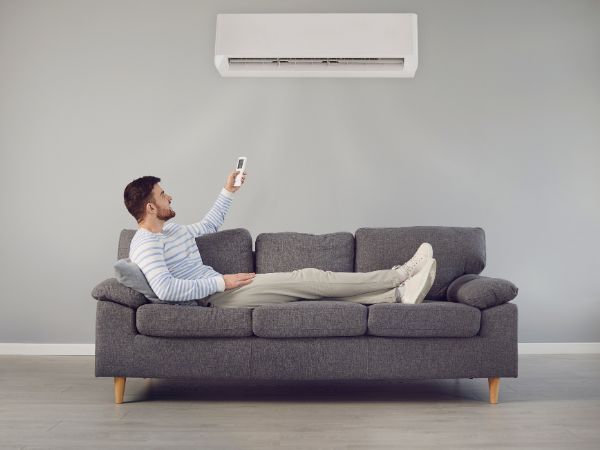
Do you use your home’s air con as a heater during the colder months? If not, you might want to, because it could be the most energy efficient way to heat your home.
Reverse cycle air conditioning systems (which describes most split systems and ducted systems these days), are designed for heating as well as cooling. They do this by extracting heat from cold outside air and releasing it into your home using a refrigeration cycle.
If you’re thinking ‘Extract heat from cold outside air? That doesn’t even make sense’, you’re not the only one. How can you take heat out of something cold? The answer is, by using something even colder.
Think about an ice cube in a fridge. The fridge’s temperature of 2°C is extremely cold, but it’s warmer than the ice cube’s 0°C, so the ice cube absorbs heat energy from the cold air in the fridge and gradually melts.
That’s not an exact representation of how reverse cycle air conditioning works, but you get the idea - even cold outdoor air has some thermal energy in it!
How air conditioners work to warm you up in 4 steps
Here’s how the heat transfer process works in your reverse cycle ducted or split system air conditioner when you flip it from cooling mode to heating mode:
1. Evaporation (outside unit)
The cycle starts with the refrigerant being pumped through the outdoor unit’s heat exchanger, its evaporator coil. Despite the cold temperature outside, the refrigerant is colder, allowing it to absorb heat from the outside air.
As the refrigerant absorbs heat, it evaporates and turns into a gas.
2. Compression (outside unit)
The refrigerant gas is then compressed by the compressor. Compression increases the temperature of the gas by pushing its molecules closer together, which makes them collide more frequently. This also adds energy to the gas, raising its overall kinetic energy and, consequently, its temperature.
3. Condensation (inside unit)
The hot, high-pressure gas is pumped into the indoor unit’s heat exchanger, its condenser coil. The coil is a network of tubes made of copper or aluminium, which have high thermal conductivity and therefore quickly absorb heat from the refrigerant gas.
As the refrigerant travels through the condenser coil, a fan blows over the heated coil, transferring the heat to the surrounding indoor air.
4. Expansion (back to the outside unit)
After releasing its heat, the high-pressure liquid refrigerant passes through an expansion valve, which controls the flow of refrigerant, reducing its pressure and temperature.
The cooled liquid refrigerant returns to the evaporator coil in the outside unit, and the cycle repeats, working its magic of turning cool air into warm air.
Air con for a toasty warm winter
Fujitsu 8.5kw Lifestyle Next Wall Mounted Air Conditioner SET-ASTH30KMTD-NXT
Yet to be reviewed
Fujitsu 5.0kw Lifestyle Next Wall Mounted Air Conditioner SET-ASTH18KMTD-NXT
Yet to be reviewed
Fujitsu 2.5kw Lifestyle Next Wall mounted Air Conditioner SET-ASTG09KMTC-NXT
Yet to be reviewed
Fujitsu 9.5kw Lifestyle Next Wall Mounted Air Conditioner SET-ASTH34KMTD-NXT
Yet to be reviewed
Fujitsu 3.5kw Lifestyle Next Wall Mounted Air Conditioner SET-ASTG12KMTC-NXT
Yet to be reviewed
The easier way to stay warm in winter and cool in summer
If you’re thinking about upgrading your home’s heating system, we can help. For some pointers on selecting the appropriate size for the space that needs heating and cooling, check out our Air Conditioner Buying Guide.
Get your reverse cycle air con sooner with Free, Next Day Delivery*
We deliver air conditioning units, heaters and everything else you can find on our site to 95% of Australia’s population with Appliances Online's legendary FREE delivery - and we can usually get it to you by the next day (Mon-Fri). Plus, we offer paid Same Day Delivery in metro areas of NSW, Qld and Vic if you order before 12pm Mon-Fri. If you have any questions about heating or air conditioners in general, or about a particular product you've seen on our site, call us any time of the day or night on 1300 000 500 or message us via the little chat icon at the bottom of your screen.

Oli is Appliances Online's editor and blogger, with almost two decades of lifestyle-related writing and editing to his name. With a mission to help you buy better and live smarter, his brand loyalty will forever belong to the appliance manufacturer that develops a self-emptying dishwasher.
Latest Articles
KITCHEN
24 FEBRUARY 2026
10 of our top best selling rangehoods in Australia 2026
The key to clearer air and cleaner surfaces in your kitchen
LAUNDRY
17 FEBRUARY 2026
If you suffer from allergies, a clothes dryer could be a game-changer
How indoor drying helps manage itchy eyes and sneezing
KITCHEN
5 FEBRUARY 2026
What are dishwasher place settings?
Find the perfect dishwasher capacity for your household
LAUNDRY
3 FEBRUARY 2026
7 of our top best selling vented dryers in Australia 2025-26
Need a stackable or wall-mountable tumble dryer?
More Like This
KITCHEN
24 FEBRUARY 2026
10 of our top best selling rangehoods in Australia 2026
The key to clearer air and cleaner surfaces in your kitchen
LAUNDRY
17 FEBRUARY 2026
If you suffer from allergies, a clothes dryer could be a game-changer
How indoor drying helps manage itchy eyes and sneezing
KITCHEN
5 FEBRUARY 2026
What are dishwasher place settings?
Find the perfect dishwasher capacity for your household

